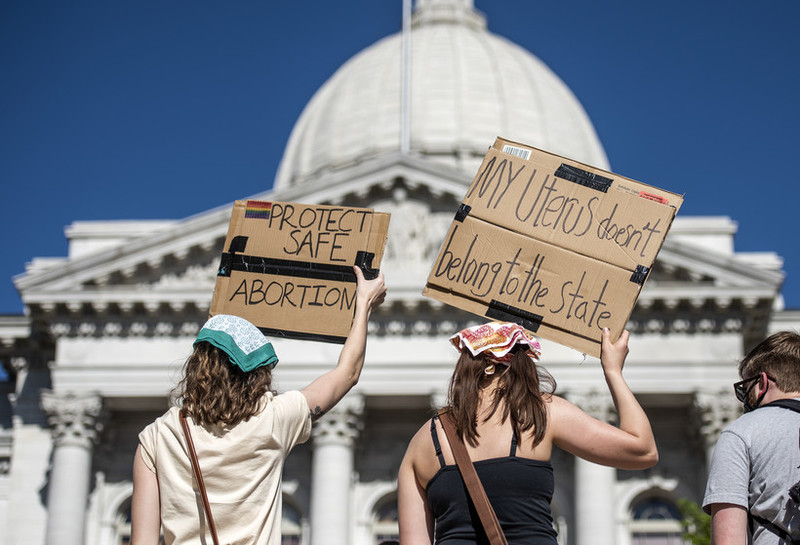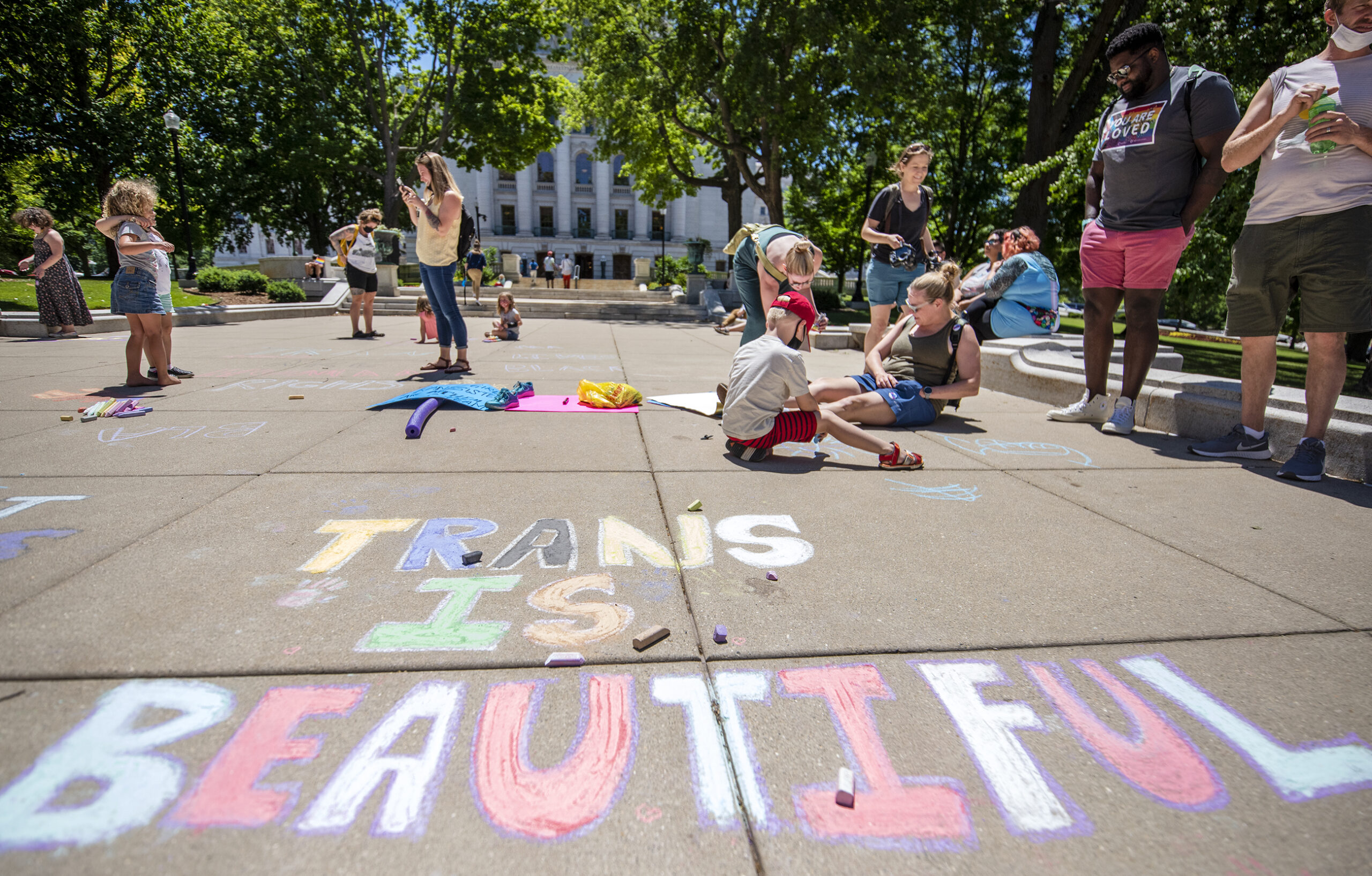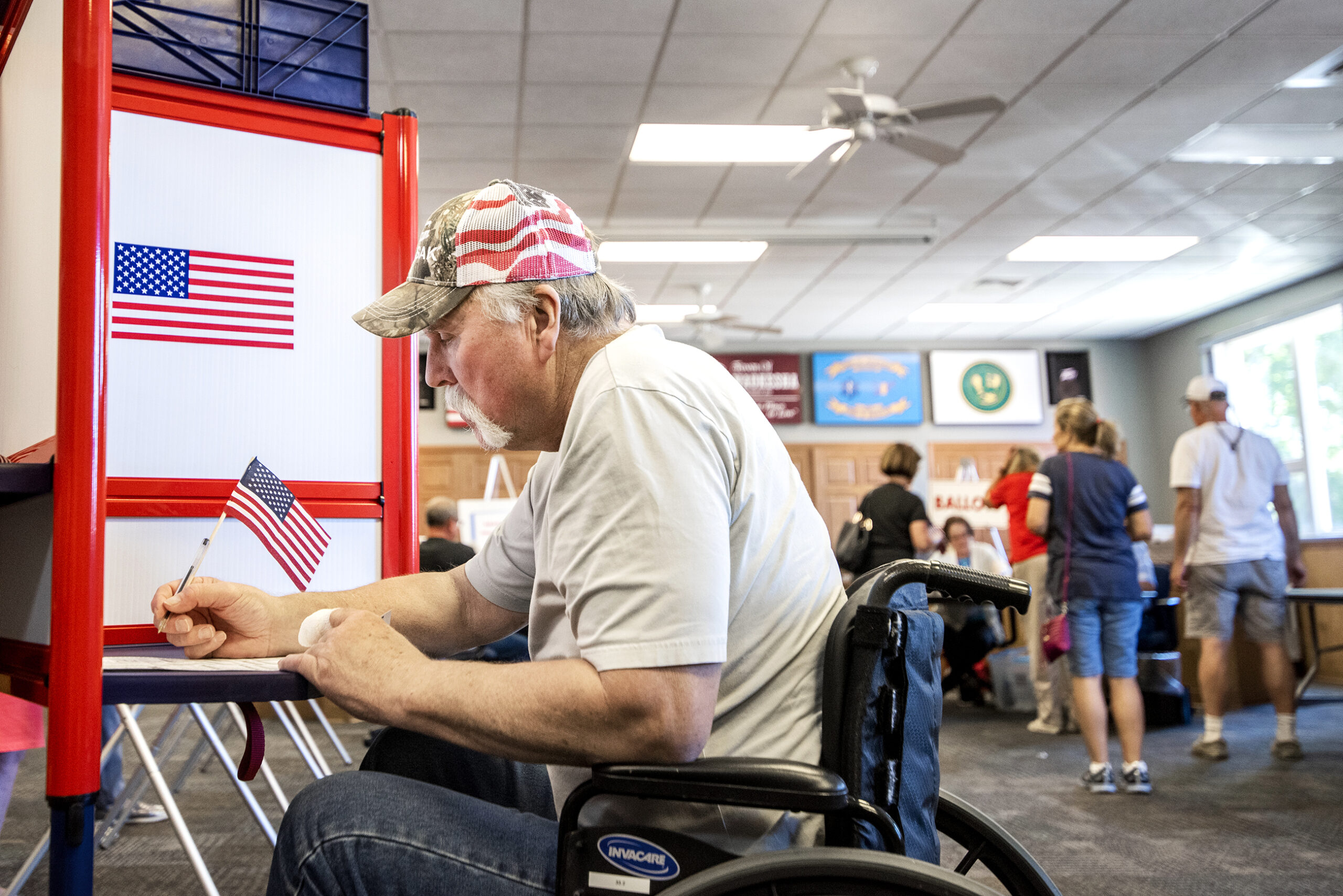A federal appeals court in Chicago will hear oral arguments on Friday morning in a lawsuit challenging Wisconsin’s voter ID law, just days after Wisconsin’s Department of Motor Vehicles made changes that it says will make the process of getting an ID easier.
The new policy at the DMV will let people who don’t have a birth certificate or other identifying government documents fill out a petition for a free state ID. The DMV’s Jim Miller said his agency would then check for a birth certificate on file with the Office of Vital Records in Wisconsin or other states.
Miller said turnaround times would vary.
Stay informed on the latest news
Sign up for WPR’s email newsletter.
“If it’s a Wisconsin-born resident, we could get a turnaround in 24 to 48 hours. If it’s a person from another state, it depends how cooperative the other state is. They have made arrangements with all other 49 states, so they will be working with them, but we just don’t control how fast they would get the information back to us,” said Miller.
Miller said people would still be required to show some proof of identity, like a student ID or a W-2 form, and would also need their Social Security number.
The new policy comes a few weeks after the Wisconsin Supreme Court upheld the voter ID law in separate state lawsuits, while at the same time ruling that the state could not require people to produce documents that require fees for the purpose of voting.
Wisconsin American Civil Liberties Union Director Chris Ahmuty said the new policy still has too many unanswered questions.
“They’ve obviously cobbled something together at the last minute, so that if they get asked the question, ‘What’s going on since the Wisconsin Supreme Court decision?’ they’ll have an answer. But it’s really not an answer,” said Ahmuty.
Miller said the policy was not made for the benefit of the federal court.
Ahmuty said the changes do not affect the ACLU’s federal lawsuit, which argues that requiring a photo ID to vote will prevent many minorities from casting ballots.
“If people are going to be harmed, there better be an awfully good reason to do that, but there isn’t because voter fraud that could be stopped by having photo IDs is virtually non-existent,” said Ahmuty.
U.S. District Court Judge Lynn Adelman sided with the ACLU earlier this year and put an injunction on the law, pending appeal. The law will likley remain blocked this election year, unless the appeals court rules otherwise.
Wisconsin Public Radio, © Copyright 2024, Board of Regents of the University of Wisconsin System and Wisconsin Educational Communications Board.




